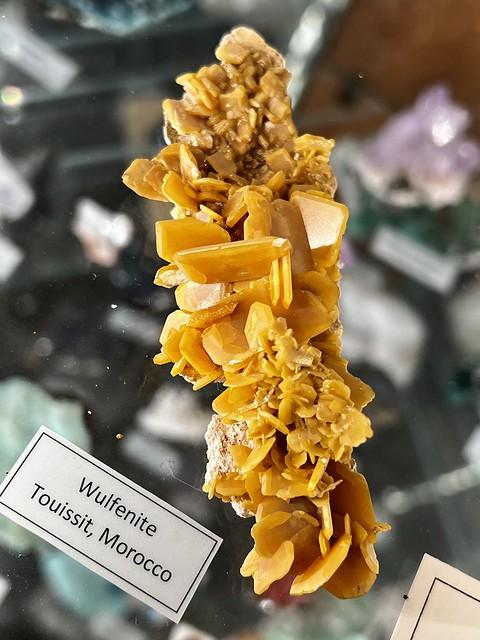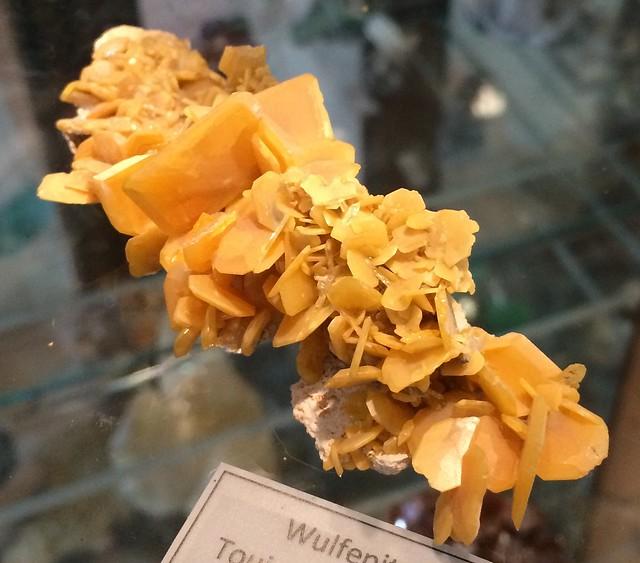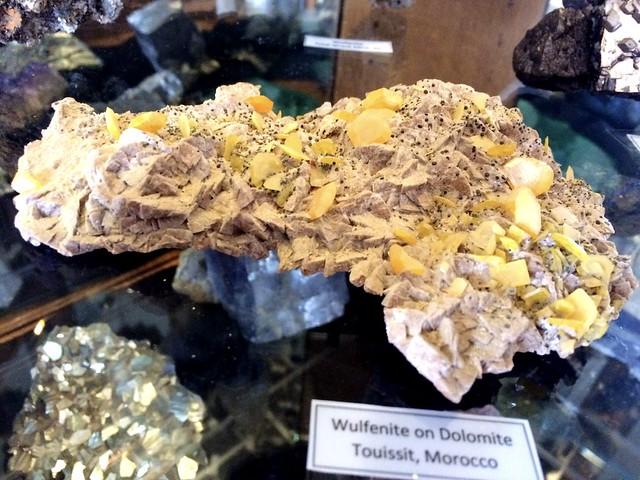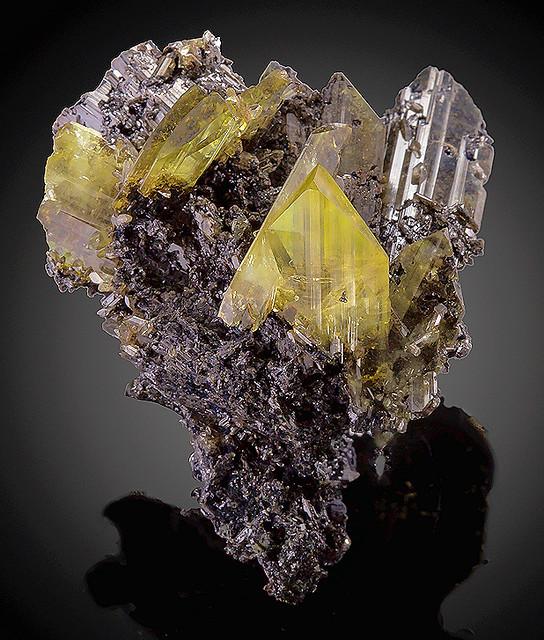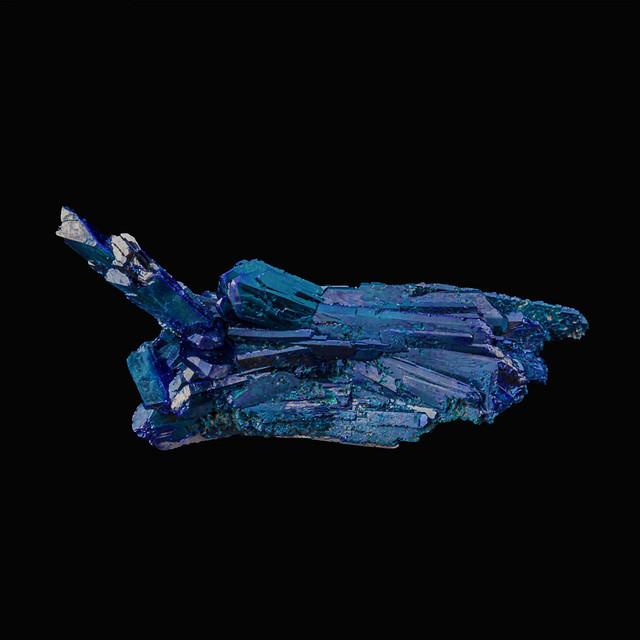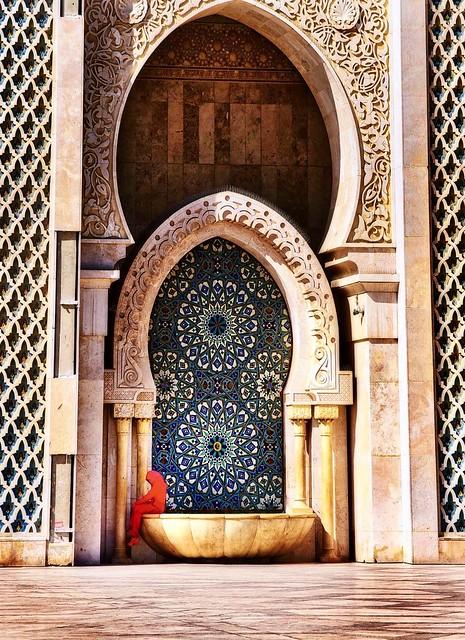Oujda-Angad
Overview
Overview of Oujda-Angad, Morocco
Oujda-Angad, located in the northeastern part of Morocco near the Algerian border, offers a unique blend of cultures due to its historical influences from both Arab and Berber populations. This region is known for its rich history, evident in its architecture and traditional music styles, such as Gharnati and Reggada. Oujda, the capital city of the region, serves as a cultural and economic hub, boasting attractions like the ancient Medina, the Lalla Meriem Park, and the bustling Marché Central. The city's blend of modernity and tradition makes it a fascinating destination for young travelers eager to explore a less tourist-trodden part of Morocco.
Best Time to Visit and Activities
The high season for visiting Oujda-Angad is during the spring (April to June) and fall (September to November) when the weather is most pleasant – warm but not excessively hot. During these months, the region's natural beauty is at its peak, making it perfect for outdoor activities such as hiking in the nearby Beni-Snassen Mountains or exploring the surrounding olive groves. Cultural festivals also take place during these periods, offering visitors a chance to experience local traditions and customs firsthand. Additionally, these seasons allow for comfortable exploration of historical sites without the extreme heat that characterizes the Moroccan summer.
Preparation for Travel
Before traveling to Oujda-Angad, there are several preparations that teenagers should consider to ensure a smooth trip. Firstly, it is advisable to learn some basic phrases in Arabic or French, as both languages are widely spoken here, and this will help in daily interactions. Ensure your travel documents and visas (if required) are in order, as Morocco has specific entry requirements depending on your country of origin. Additionally, packing should be season-appropriate; lightweight clothing for the day and something warmer for cooler evenings. Lastly, it's essential to be aware of local customs and dress modestly, especially when visiting religious sites or more traditional areas, to respect the local culture and community.
How It Becomes to This
History not available

You May Like
Explore other interesting states in Morocco


